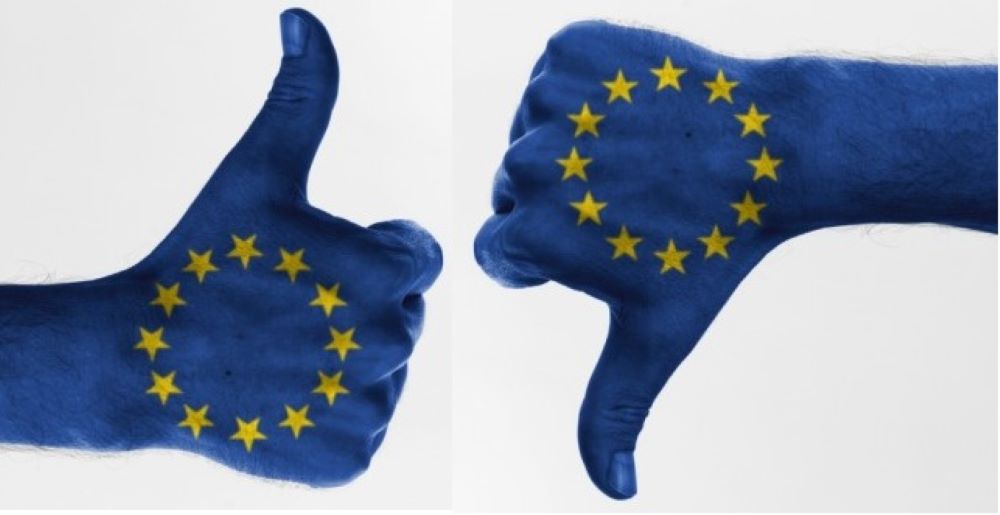The past twenty years brought limited progress in terms of accession of the Western Balkan countries to the European Union, and in parallel, Serbia saw a narrative about the “evil West” built up in the media.

Nenad Bušić
Young people in the Western Balkans, especially in Serbia, are increasingly turning to Euroscepticism. On the one hand, this is understandable – young people have lost confidence in the process of accession to the European Union. In the past twenty years, since the region was given the prospect of membership in Thessaloniki in 2003, only Croatia has become a member state. The past twenty years brought limited progress in terms of accession of the Western Balkan countries to the European Union, and in parallel, Serbia saw a narrative about the “evil West” built up in the media.
It is also important to note that the majority of young people do not understand what the reform process represents, and this is certainly due to the lack of communication of politicians towards young people in their public appearances, both from the left and from the right side of the political spectrum. This is largely reflected in the views of young people; today, 41% of youth do not support Serbia’s membership in the EU.
On the other hand, young people are looking for a better future precisely in the countries of the European Union and countries close to it. This shows a fundamental misunderstanding of the process of European integration of the region. What young people see as desirable living conditions, namely a better standard of life, respect for human rights, and respect for the rule of law, as well as basic democratic principles are the main drivers for brain drain in the region. We share aspirations to establish a state and society according to European and democratic standards, however, thanks to the relativization of those terms in the public space, presenting them as imposed values, we have found ourselves in a situation where we oppose them in principle.
I see this state of society as extremely dangerous, easily susceptible to crises, which can be used by political elites to achieve social and political profit.
Although I’m talking about young people, all this can be applied to other generations of our society as well – people no longer trust policymakers and have less and less faith in EU membership. This is where the European Union made a big mistake, because it did not recognize in time the expansion story fatigue in the region. This is reflected in the fact that even 43% of the population does not believe that Serbia will ever become a member of the EU. In the last six months, we see that this is changing, which is unfortunately caused by the war in Ukraine. Unfortunately, because the Union did not recognize in time the need to reform the accession process as well as its internal structure.
In order for the integration of the region into the EU reforms are necessary on both sides, but they must be accompanied by educating the population using all communication channels that the process of European integration is not just make-up and adding the EU flag to state institutions. It actually represents a process that will enable citizens a better quality and healthier life, where no one, regardless of the function they perform, is above the law.
Nenad Bušić, president of the EPuS Youth Forum



Leave A Comment